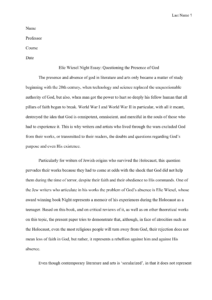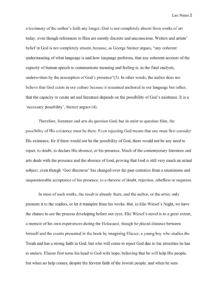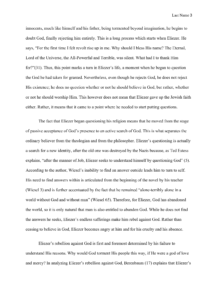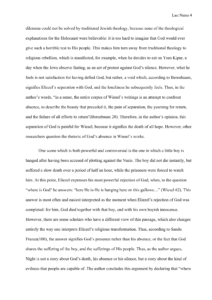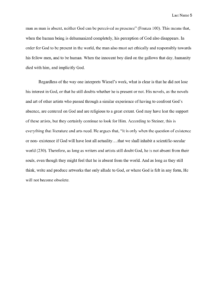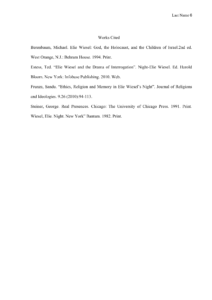Toll-Free US & Canada 24/7:
1-770-659-7014
Night Essay Examples
Books from any era often cover the zeitgeist. By reading them, one can notice recurring patterns and understand the mentality of the people living in those periods. So, when discussing such periods, one should pay attention to the cornerstone events that defined those times.
Almost a decade after the end of World War II, Elie Wiesel, a Holocaust survivor, wrote a memoir originally named Un di Velt Hot Geshvign. This memoir was later translated to English and published as Night in 1960.
The morbid nature of the contents of the book added to its popularity at the time, making it an impressive masterpiece amongst many other similar books that came into prominence during this era.
Writing essays about books similar to Night
The mid-20th century years were tough times for the inhabitants of post-War Europe. This hardship is well documented in literary works from that time.
For example, Night is a morbid recollection of the atrocities faced by a young Jewish man and his family at the hands of the Nazis. So, the themes discussed in this book and others like it should focus on darkness and dejection surrounding.
Below are some of the recurring themes associated with essays of this kind::
- The absence of God
In Night, The author expresses that the Jewish people followed every religious principle in the Talmud in the hope of redemption from persecution but still received no assistance from God. Elie does not focus on the presence of God, but rather on the adverse impacts of His apparent absence in people.
- Moral decadence
Also, your essay can focus on the gradual erosion of faith in the presence of oppression, from the sides of both the sufferer and the oppressor.
- Hope and despair.
Your essay should cover how people turn to fate rather than faith as a coping mechanism.
Eventually, discuss how the defeat of the Nazis ended a period of suffering and birthed a new era of skepticism.
In earnest, writing essays similar to Night encapsulates the overarching theme of the post-War mid-19th century when people were contemplating the necessity of a belief in an imaginary supreme being.
